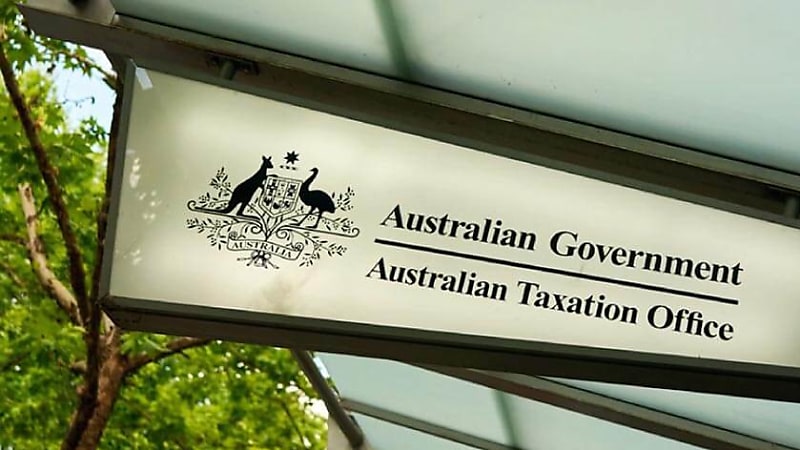Co-habitating siblings don’t meet interdependency requirements: PBR
Siblings who live together for a period do not qualify as being in an interdependency relationship, according to a recent private binding ruling.
The ruling (1052392405126) deals with two beneficiaries who were the siblings of the deceased. The deceased's estate received a death benefit payment from his superannuation funds, and no tax was withheld from either payment.
The beneficiaries provided evidence in support of their application to be classified as in an interdependency relation that detailed employment status and arrangements between the deceased and themselves regarding housekeeping, financial and physical support.
In support of the application, a further statement was received, relating to the appointment of a legal personal representative, and how the deceased and the beneficiaries supported each other in domestic duties, financial responsibilities, and mortgage payments.
The documentation explained that the beneficiaries and the deceased lived week to week; however, the beneficiaries do not have any bank statements, as the living arrangements were in cash and not transfers to bank accounts.
A statutory declaration from beneficiary 1 stated that the deceased lived with them for a number of years before his death. Additionally, the deceased and beneficiary 1 had previously lived together in rented accommodation and had a good relationship, having conversations every day and meals together a few times per week.
The deceased paid cash to them for weekly expenses to help with mortgage payments, and they took turns grocery shopping and shared housework and yard work together.
Beneficiary 1 stated that the beneficiaries and the deceased lived like family, and they believed they were dependent on each other.
The ruling determined that the beneficiaries did not meet the standard of an interdependent relationship for a number of reasons.
Subsection 995-1(1) of the Income Tax Assessment Act 1997 states that the term “death benefits dependant” has the meaning given by section 302-195 of the ITAA 1997. Subsection 302-195(1) of the ITAA 1997 defines a death benefits dependant as follows:
a. death benefits dependant, of a person who has died, is
a. the deceased person's spouse or former spouse; or
b. the deceased person's child, aged less than 18; or
c. any other person with whom the deceased person had an interdependency relationship under section 302-200 just before he or she died; or
d. any other person who was a dependant of the deceased person just before he or she died.
“As the beneficiaries are the siblings of the deceased, paragraphs 302-195(1)(a) and (b) of the ITAA 1997 are not applicable,” the ruling said.
“The definition of death benefits dependant does not stipulate the nature or degree of dependency required to be a dependant of the deceased person in paragraph 302-195(1)(d) of the ITAA 1997. However, it is generally accepted that this paragraph refers to financial dependence. The beneficiaries were not financially dependent on the deceased person and therefore, paragraph 302-195(1)(d) of the ITAA 1997 is not applicable.”
It continued that to meet the definition of a death benefits dependant, the beneficiaries must have been in an interdependency relationship with the deceased, per paragraph 302-195(1)(c) of the ITAA 1997.
Regarding satisfying the condition of a “close personal relationship” the ruling said the beneficiaries and the deceased did not have a close personal relationship before the deceased's death because they did not provide significant care and support to each other; did not provide each other with intensive and ongoing emotional, domestic and financial support; and the level of care did not exceed the care and comfort usually be provided by siblings.
“Although the beneficiaries advised they lived together with the deceased, the limited evidence provided does not demonstrate that they always intended to do so and had a mutual commitment to a shared life,” it added.
“Although the beneficiaries advised that they lived with the deceased for a number of years, the available evidence does not sufficiently support this assertion.”
Regarding financial support, the ruling said that there was insufficient evidence to substantiate financial support before the deceased's death.
Finally, it concluded the beneficiaries also did not meet the requirement of domestic support and financial care, stating that evidence was documented in the form of statutory declarations from the beneficiaries, however, no evidence has been provided to support the statements.
“As all of the requirements in section 302-200 of the ITAA 1997 have not been satisfied, the deceased and beneficiaries were not in an interdependency relationship in the period just before the deceased's death,” it said.
“As the beneficiaries were not in an interdependency relationship with the deceased, the beneficiaries are not death benefits dependant as defined under section 302-195 of the ITAA 1997.”


